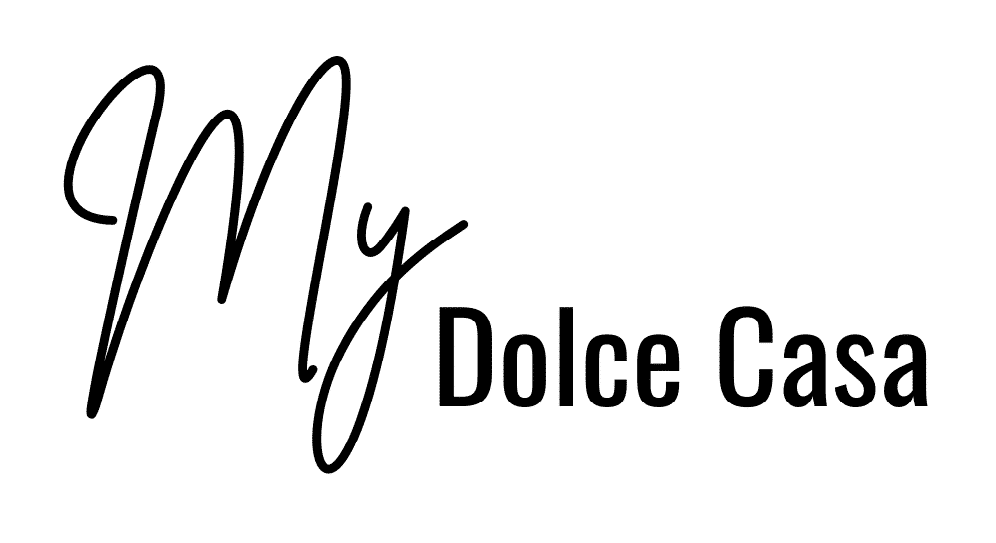Finding a job in a foreign country can be daunting, especially when you need to speak the local language. This is particularly true for individuals seeking employment in Croatia who are yet to learn Croatian. However, with the right approach and strategies, overcoming these challenges and finding a job in Croatia is possible.
In this article, we will explore various techniques to help English speakers navigate the job market in Croatia successfully. We will also emphasize the importance of research, networking, and adaptability throughout the job search process.
Researching the job market in Croatia
Understanding the job market in Croatia is crucial before embarking on your job search. Research allows you to identify industries with a higher demand for English speakers. It helps you align your skills and experiences accordingly.
Working as a digital nomad or in an online job that requires English-speaking skills gives you an advantage. This may require a change of career and learning some new skills, but it may be worth the effort for the long-term benefit of living and thriving in a beautiful country like Croatia.

For in-person work, expect to find the most job opportunities in large cities, like Zagreb, or in coastal towns that derive a large share of their income from tourism.
To begin, explore online job portals and recruitment agencies that cater to English-speaking candidates. Some websites provide job listings across various sectors. It’s important to note that the number of job listings specifically targeting English-speaking candidates in Croatia may be limited compared to positions requiring local language knowledge, expats can explore the following websites:
- MojPosao is one of the leading job portals in Croatia. While most job listings on the website require knowledge of the Croatian language, some positions still target English-speaking candidates, particularly in industries such as IT, tourism, and multinational companies.
- Posao.hr Posao means “job” in Croatia and this site is another popular job portal in Croatia with a version in English. Occasional postings seek English-speaking candidates.
- LinkedIn is a professional networking platform offering job listings and expats opportunities worldwide. Expats looking for jobs in Croatia can utilize LinkedIn’s job search feature to find positions that cater to English-speaking candidates or are offered by international companies operating in Croatia.
- Multilingual Vacancies is a job board specializing in multilingual job opportunities across Europe. Although the number of English-speaking positions in Croatia may be limited, expats with multilingual skills or specific industry expertise may find relevant job listings on this platform.
- Global Jobs is a website aggregating job postings from various international organizations, NGOs, and non-profit sectors worldwide. While opportunities in Croatia may be limited, expats can find occasional job listings for English-speaking professionals in areas such as human rights, development, and humanitarian work.
Challenges and opportunities for foreigners in the Croatian job market
Finding a job as an expat in a foreign country can be an exciting yet challenging endeavor. Regarding the Croatian job market, expats may encounter unique opportunities and obstacles. Understanding the characteristics and trends of the Croatian job market is essential to navigate it successfully.
Additionally, researching job opportunities for foreigners in Croatia, identifying transferable skills and qualifications, understanding salary expectations and benefits, and researching companies and employers are crucial steps in the job search process.
The Croatian job market presents expats with a range of challenges and opportunities. While language can be a barrier for some expats, some industries in Croatia actively seek English-speaking workers. These include sectors such as tourism, hospitality, IT, finance, and multinational companies. Expats with specialized skills or experience in these areas may be in high demand.

Researching companies and employers is crucial before applying for jobs. Understanding the company culture, values, and reputation can help expats make informed decisions and tailor their applications accordingly.
Online resources, including company websites and professional networks like LinkedIn, can provide valuable insights into potential employers. Leveraging these resources allows expats to align their values and goals with those of the company they seek to work for.
Key characteristics and trends of the Croatian job market
To delve deeper into the job market, it is important to understand the characteristics and trends. Croatia has experienced growth in recent years, particularly in tourism, manufacturing, and services. By keeping abreast of these trends, expats can target industries that offer more excellent job prospects.
Labor laws, work permits, and visa requirements are vital to consider when seeking employment as an expat in Croatia. Understanding the legal framework can help ensure a smooth transition into the Croatian job market.
Expats must secure work permits and visas to work legally and reside in the country. Familiarizing oneself with these requirements early on is crucial to avoid complications during the job search process.

Identifying transferable skills and qualifications is essential for expats seeking employment in Croatia. While language skills are highly valued, expats can highlight their adaptability, international experience, and specialized expertise. Aligning previous work experiences with the requirements of potential job opportunities demonstrates how skills can be applied in a new context.
Salary expectations and benefits
Understanding salary expectations and benefits is vital for expats to ensure fair compensation. The average salary ranges in different industries and job roles in Croatia can provide insights into what to expect. As a point of reference, the national monthly average salary in Croatia is around $1,200.
Additionally, expats should familiarize themselves with the benefits, such as healthcare coverage, housing assistance, and relocation support. Understanding employment contracts and negotiating terms can help expats secure a favorable compensation package.
Building a strong resume/CV
Crafting a well-structured and tailored resume or curriculum vitae (CV) is essential to catch the attention of potential employers. While adapting your resume/CV to Croatian standards, highlight your relevant skills and experiences that make you valuable despite the language barrier.
Emphasize any international work experience, multicultural adaptability, and specific qualifications that may be relevant to the Croatian job market. Mentioning that you are a native-English speaker may give you an advantage over other candidates in certain fields.
Having your resume/CV translated into Croatian is also beneficial, ensuring accuracy and consistency.
Networking and online presence
Networking plays a significant role in the Croatian job market. Attending industry events, job fairs, and professional conferences can provide valuable opportunities to connect with employers and professionals who may be seeking English-speaking candidates.
Joining relevant professional groups and associations can also expand your network and increase your chances of discovering job openings.
Additionally, maintaining an active online presence through platforms like LinkedIn and participating in professional forums can help you establish connections and gain insights into the job market.
Learning basic Croatian
While finding employment without fluency in Croatian is possible, learning some basic language skills can significantly enhance your job prospects. Familiarizing yourself with commonly used phrases, greetings, and basic vocabulary showcases your commitment to integration. It can facilitate daily interactions in the workplace.
Online language courses, language exchange programs, and mobile language learning apps can be practical tools for acquiring basic Croatian skills. Additionally, practicing with native speakers, attending language meetups, or engaging in language exchange partnerships can provide practical experience and help improve your language proficiency.
Applying for jobs
When applying for jobs in Croatia, focus on finding positions targeting English-speaking candidates. International companies, multinational organizations, and industries like tourism, IT, and customer service often demand English-speaking employees more.
Tailor your application materials, including your cover letter and resume/CV, to highlight your relevant skills, experiences, and ability to adapt to new environments.
It’s essential to follow up on your applications and be proactive throughout the job search process, expressing your interest and commitment to potential employers.
Interviewing and navigating language barriers
Language barriers can pose challenges during interviews; however, strategies exist to overcome them. Practice common interview questions in English and Croatian to familiarize yourself with the language and gain confidence.
Focus on non-verbal communication, such as maintaining eye contact, using gestures, and displaying enthusiasm and adaptability.
Demonstrate a genuine willingness to learn the local language, as this can show employers your commitment to integrating into Croatian society and the workplace.
Working as an expat in Croatia
Living in Croatia offers unique benefits and challenges. Among them are adapting to the local work culture and building relationships with colleagues. Observe and learn from your adoptive country, respecting cultural norms and practices.
Being open-minded, flexible, and respecting local customs can go a long way in fostering positive work relationships. Expats can also benefit from resources and support networks available in Croatia, such as expat communities, cultural associations, and language schools that cater to foreigners.
Finding a job in Croatia without speaking Croatian is challenging but not impossible. You can increase your chances of success by leveraging your unique skills, building a strong professional network, utilizing online platforms, and acquiring basic Croatian language skills.
Remember to customize your application materials, highlight your expertise, and demonstrate your commitment to embracing the Croatian culture. The key is to stay proactive, persistent, and open to opportunities.
Croatia offers a wealth of possibilities for English-speaking professionals. You can unlock the door to a fulfilling career in this beautiful country with the right strategies and resources.

